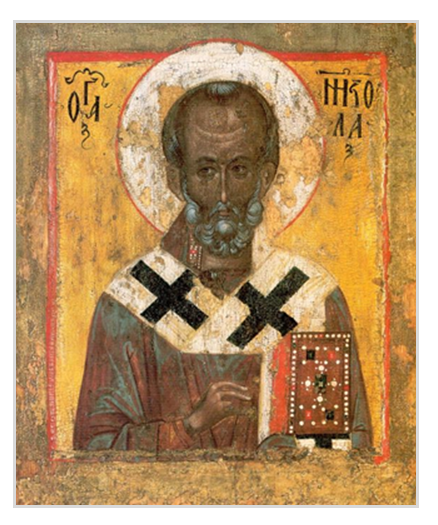Part Eleven: A History of Christianity in Northern and Eastern Africa
-
-
by Fr. Matthew Hawkins

The Donatist controversy was one of Augustine's major ecclesiastical issues in North Africa. The Donatists were a schismatic Christian group that emerged in the early 4th century, primarily in the Roman province of Africa. The Donatist schism began after the Diocletian persecution, when some Christians, called "traditores," handed over sacred texts to Roman authorities to avoid martyrdom. After the persecution, the question arose whether the sacraments administered by these traditores were valid.
Donatists argued that the Church must be a community of saints, not sinners, and that the validity of sacraments depended on the moral purity of the clergy administering them. They rejected the authority of bishops and priests who had been traditores, considering their sacraments invalid.
Augustine argued for the unity and catholicity of the Church. He maintained that the Church is a mixed body of both saints and sinners until the final judgment and that the validity of the sacraments does not depend on the moral state of the clergy but on the grace of God. Augustine emphasized that the efficacy of sacraments is rooted in Christ, not the human minister. This view helped to counter the Donatist position that only "pure" clergy could administer valid sacraments.
The Pelagian controversy was another major theological conflict that Augustine engaged in, involving the teachings of Pelagius, a British monk. Pelagius and his followers denied the doctrine of original sin, asserting that human beings are born innocent and capable of choosing good or evil without the necessity of divine grace. They believed individuals could achieve salvation through their efforts and moral choices. Pelagians emphasized free will and human responsibility, arguing that God's grace assists but is not essential for moral perfection and salvation.
Augustine vehemently opposed Pelagianism, arguing that original sin, inherited from Adam, affects all humanity, leaving individuals incapable of achieving righteousness on their own. He insisted that human nature is flawed and needs divine grace for salvation. He developed a robust theology of grace, emphasizing its necessity for salvation. He argued that grace is not merely an aid but an essential gift from God that transforms and heals human nature. Without grace, Augustine maintained, humans cannot will or do any good.
Augustine’s interactions with the Donatists and Pelagians had profound and lasting effects on Christian theology and ecclesiology. His responses to the Donatist controversy helped shape the Catholic understanding of the Church’s nature, emphasizing its universality and the validity of sacraments independent of the moral character of the clergy. His debates with Pelagians led to a deeper understanding of original sin and divine grace, highlighting humanity’s dependence on God for salvation. This theology of grace became a cornerstone of Augustinian thought and influenced subsequent Christian teachings.
Augustine’s interactions with the Donatists and Pelagians were crucial in defining key aspects of Christian doctrine and Church practice. His theological arguments against these groups addressed immediate controversies and laid the groundwork for future theological development in Western Christianity.
-